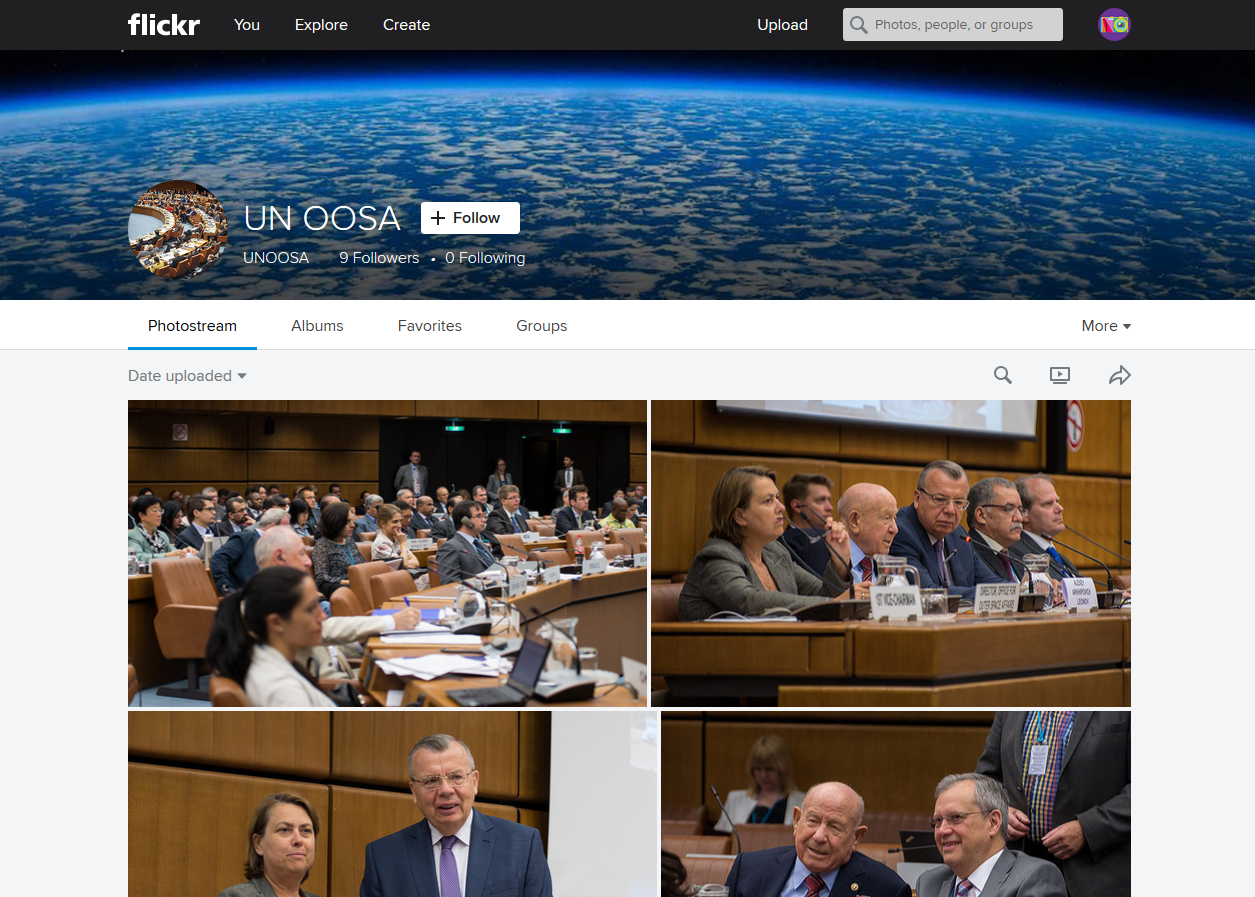An Intern's perspective of the Committee on Peaceful Uses of Outer Space
26 June 2015, Vienna
by Amrit Krishnan, Intern, UNOOSA
Vienna - The most recent 58th session of the Committee on Peaceful Uses of Outer Space (COPUOS) concluded on 19th June 2015 at the Vienna International Centre. The Committee meetings span over ten working days and was an interesting period which included side events, technical presentations and special talks. The Committee brings together delegations representing the 77 member states of COPUOS and some observers to engage in healthy debate and discussion to promote international cooperation in the peaceful uses of outer space. As an intern at the UN Office for Outer Space Affairs, I had the privilege and opportunity to observe the proceedings of the Committee. I was keen and glad to assist the Office, which is the Secretariat to the Committee, with the organisation of events and its public outreach activities.
The Committee is a platform for delegations to showcase their achievements and contributions with regard to space sciences and technology. It is also an arena for engaging in discussions on various topics such as space weather, space debris mitigation and awareness, Near-Earth Objects (NEO) and space-system based disaster management support among several other issues. Like any limited resource, space should be utilised carefully and sustainably, and hence the Committee is an important body that facilitates that process. Research is slow, expensive and sometimes quite frustrating; hence when it comes to employing space for the benefit of human-kind, every bit of collaboration can play a vital role in our advancement. When there is a convening of delegations and representatives of various space agencies, there is an exchange of ideas along with constructive engagement. The report of the Committee is submitted to the UN General Assembly and hence all the views expressed by member states irrespective of their size will be brought to the attention of policy makers, diplomats and representatives of all 193 UN member states. The whole mechanism, I feel is an important tool to carefully assess the various challenges and develop solutions to promoting the peaceful and sustained use of outer space.

I also had the opportunity to listen to some highly accomplished people in the area of Space technology and exploration which included Alexei Leonov, the first human to conduct a space-walk, former NASA astronaut Sandra Magnus and Chief Scientist of the Hubble Telescope Dr. Jennifer Wiseman. It was highly inspiring and enriching to attend their talks and side events.
I sincerely feel that the activities of the Committee should be increased and hope more member nations join it thus increasing collaborative effort. The sharing of information and knowledge is a vital aspect of the development of Space technology and therefore cooperation and transparency must be increased in this domain. In the coming decades, the landscape of Space exploration is expected to change dramatically and we should be prepared and eager to keep advancing and adapting accordingly.
Amrit Krishnan is an intern in the Office of the Director supporting the office with tasks related to communications. Amrit is a student of Chalmers University of Technology in Gothenburg, Sweden and will be finishing his studies in 2016.


